Britain Belongs to the Far Right Now
Its divorce from the European Union begins with negotiations firmly in the hands of a leader uninterested in human rights or accountability.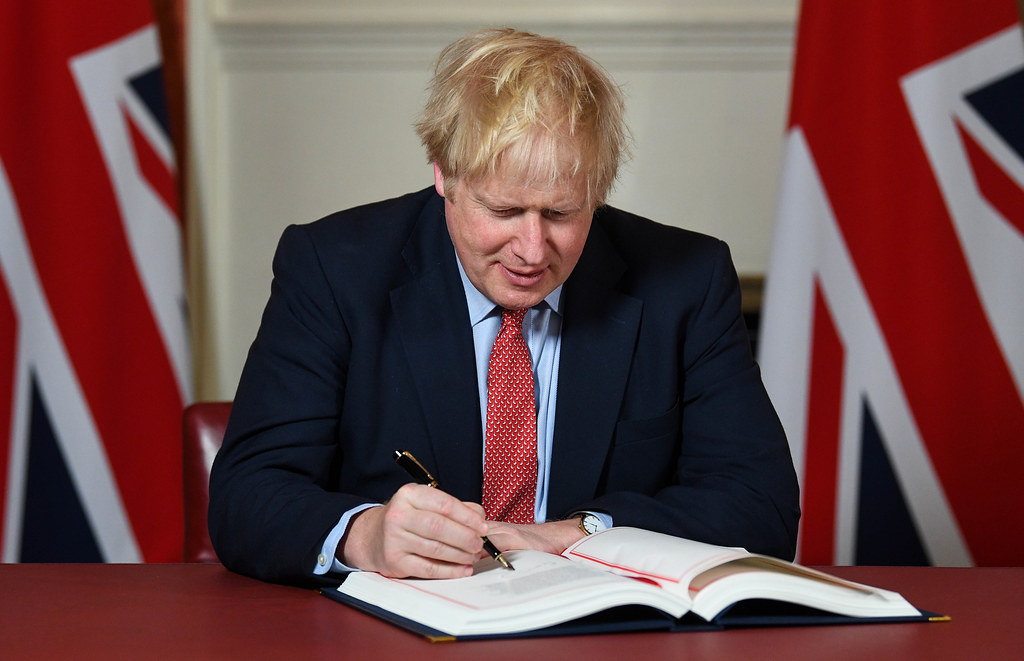 Prime Minister Boris Johnson signs the Withdrawal Agreement with the European Union. (Number 10 / CC BY-NC-ND 2.0)
Prime Minister Boris Johnson signs the Withdrawal Agreement with the European Union. (Number 10 / CC BY-NC-ND 2.0)
I’ve arrived back in London just in time for Brexit, fighting off jetlag and a tinge of sadness as my adopted home lurches further toward the far right. The December U.K. election, which I had written about anticipating Labour leader Jeremy Corbyn could keep Boris Johnson’s Tory Party from winning a majority of seats, was a bitter disappointment for many on the left as it solidified this rightward swing. Corbyn had believed the promise of strongly funded social programs — such as extending the beloved National Health Service — would address the very real concerns of working-class voters, who seemed to have used the 2016 European Union referendum as a means to express their discontent with growing inequality.
However, Corbyn and his party were ultimately defeated in Northern Labour strongholds, primarily over Brexit. There were other factors, of course: the media’s open hostility toward the Labour leader more than doubled since the 2017 election; public exhaustion over hearing about an issue many felt should have been resolved ages ago; Liberal Democrat leader Jo Swinson’s unwillingness to support Labour; and yes, Corbyn’s missteps in terms of his approach to leading a party often antagonistic to his ideals. Despite being offered a deeply popular Labour manifesto, the U.K. electorate in the third general election in four years put themselves once more in the hands of the Tories. In doing so, they seem to have forgotten or willfully set aside the clear links between their discontents and conservative policies, this time choosing a more extremist leader in Johnson, who campaigned on a “hard Brexit” — in other words, a strong break with the EU and little else of substance.
I am familiar with “Lexit” — leftist arguments for Brexit — and empathize with those who desire to cut ties with an EU that has too often taken a neoliberal, elitist approach to economic and social questions, as well as strongly diminished the national sovereignty of its member states. However, there is no doubt the strongest forces behind Brexit have to do with racism, xenophobia and the rise of nationalism. As I reported on the day of the referendum vote, much of what I heard from “Leave” voters in London had to do with Syrian refugees or EU immigrants. Johnson and his puppeteer, the much-disliked adviser Dominic Cummings, might have been slyer about the way they ginned up racist sentiments than say Brexit Party leader Nigel Farage, a racist former laughingstock in the U.K. political scene. But the two were patently aware of the xenophobic monster they were poking with their “Leave” campaign. Johnson himself has made countless racist, sexist and homophobic remarks that make it impossible to ignore where his own ideas stem from.
And yet, here we are, on Jan. 31, with the U.K. formally beginning its exit from the EU. Brexit, in the hands of a left-wing leader like Corbyn, might have meant a strengthening of the protections and rights of U.K. citizens and residents. With Johnson in power backed by a pliant parliamentary majority, it is precisely the already earned rights and protections that will be jeopardized by his negotiations with both the EU and Trump’s United States, with which Johnson has already begun discussing a trade agreement. Labour’s worst fears — about the Tories turning the nation into a “bargain-basement economy” in which handouts to corporations and the 1% will be used to patch up the economic holes left by Brexit and lead to skeletal funding of social programs — may very well become a reality. The prime minister’s elimination of the need for parliamentary oversight of Brexit negotiations with the Withdrawal Agreement he finally was able to pass through Westminster in late December, cements his ability to do as he pleases with his nation’s future.
So what exactly will Brexit look like on Friday? For the most part, those of us in the U.K., as well as U.K. citizens residing in the EU, will witness almost no change at all. That’s because Brexit day, as some are calling it, solely marks the beginning of a transition period set to end in December of this year. The priority in these coming months will be a renegotiation of the trade arrangements currently in place. In the meantime, it will seem as if the U.K. is, well, still in the EU. Freedom of movement will continue, accompanied by the health and labor rights both the U.K. citizens have in the EU as well as those EU citizens have in the U.K. Trade will also continue without tariffs or checkpoints. And the question of what will happen with Northern Ireland will once again be kicked unceremoniously down the road.
The place where the first signs of this divorce will be apparent is in Brussels, Belgium, where Great Britain and Northern Ireland will have no representation in the European Parliament for the first time in 47 years. While a handful of British Members of European Parliament, led by Farage, are elated to abandon their seats, it is reported that most of the U.K.’s EU representatives are taking a “tearful” leave of their colleagues. Ironically, what happens within the walls of that European governing body will continue to impact the U.K. Other changes will include U.K. passports going blue (they’re currently crimson, like the rest of the EU passports), Johnson will not be automatically invited to EU summits, and Germany will no longer extradite people suspected of committing a crime in the U.K.
The prime minister insists most arrangements — especially those relating to trade — will be ironed out by the end of 2020, and he will not, under any circumstances, request an extension to the transition. But, well, he’s been known to go back on his word about EU extensions as recently as October. Many fear that a “no-deal Brexit” is still very much a possibility if the current transition period ends again without finalized arrangements. However, others expect the broad strokes of trade arrangements will be settled, while the two entities then continue negotiations on other matters for what will likely turn into years. No assurances have been made for EU immigrants, and as someone who has just gone through the U.K.’s exploitative and ludicrously expensive visa application process, I can say the nation will likely not make it easy for its neighbors to move here. London’s Labour mayor Sadiq Kahn seems to understand the difficult practical and emotional troubles this creates, and is putting on an event called “London is open.” On Friday, City Hall will welcome EU citizens and answer questions about what comes next, with a side helping of “free legal advice and emotional support services,” reports The Guardian.
Friday’s “ending” is as murky as the rest of Brexit has been — a combination of a lot of talk and no apparent impact nearly four years since the vote that sent European politics into turmoil. Farage will throw himself a party in London, an abundance of union jack flags no doubt flying triumphantly, while Johnson, who has had a hostile relationship to media outlets such as the publicly held BBC, will address the nation through an edited video he expects media to broadcast, despite cutting them out of the recording process. The two non-events are perhaps, after all that has transpired, adequate illustrations of what’s to come: the celebration of an empire that refuses to understand its tyrannical glory days are done and the erosion of even the semblance of accountability.
Your support is crucial…With an uncertain future and a new administration casting doubt on press freedoms, the danger is clear: The truth is at risk.
Now is the time to give. Your tax-deductible support allows us to dig deeper, delivering fearless investigative reporting and analysis that exposes what’s really happening — without compromise.
Stand with our courageous journalists. Donate today to protect a free press, uphold democracy and unearth untold stories.
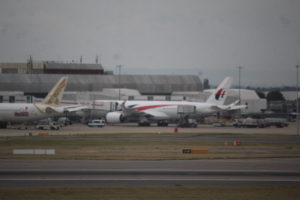
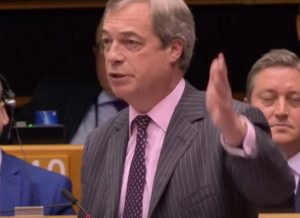
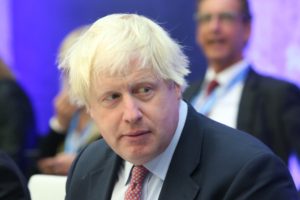
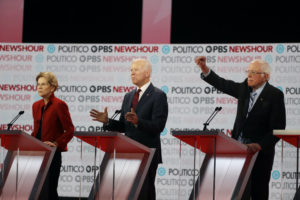
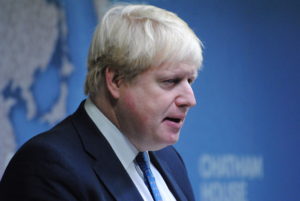
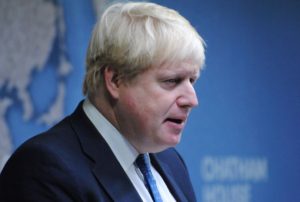
You need to be a supporter to comment.
There are currently no responses to this article.
Be the first to respond.